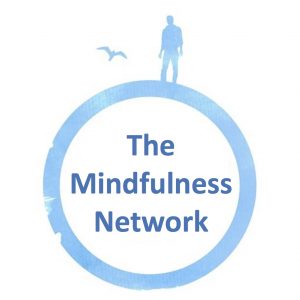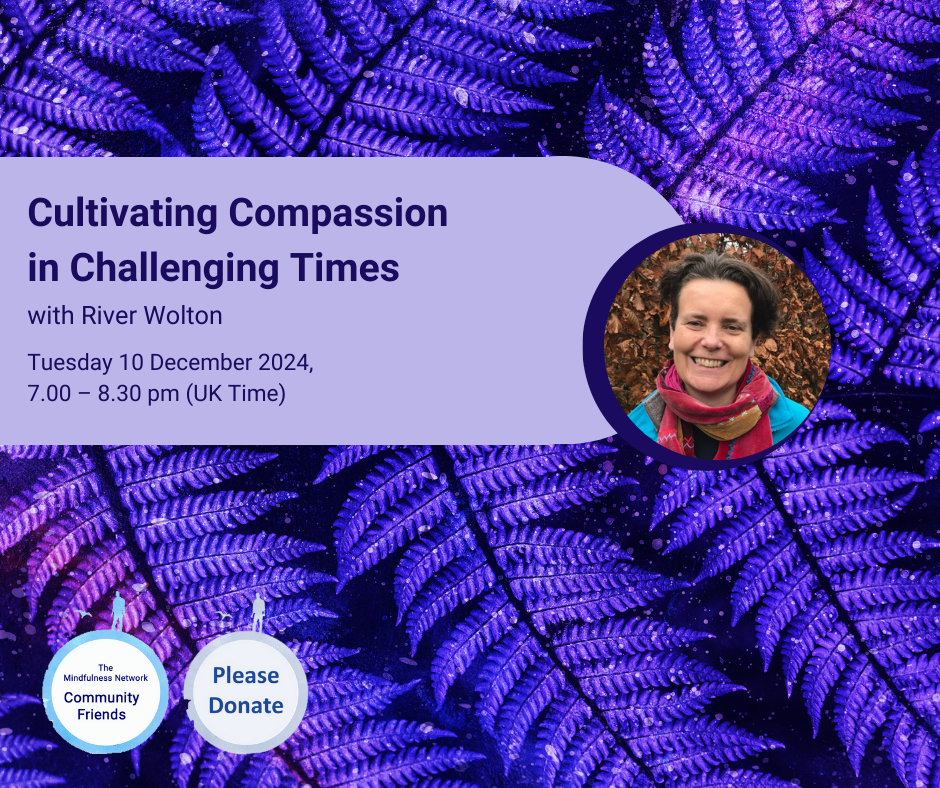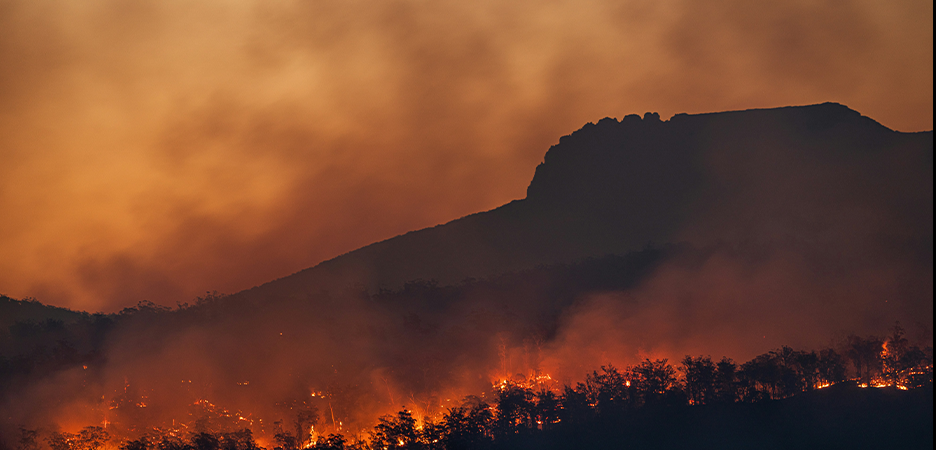

Written by River Wolton, who took part in the ‘Meet the Author’ strand of the International Mindfulness Conference, Bangor, August 2024, and is offering a community event for the Mindfulness Network on Tuesday 10 December 2024.
‘In the dark times
Will there be singing?
Yes, there will be singing
Of the dark times’
– Bertolt Brecht, Svendborg Poems, 1938
It’s an autumn evening in 2009 and I’m standing outside the village hall with my neighbour Hazel. We’ve just watched Fanny Armstrong’s drama-documentary ‘The Age of Stupid’. The words of Pete Postlethwaite, the film’s central character stranded in a catastrophic future, ring in our ears: ‘Why didn’t we stop climate change when we had the chance?’.
A wake-up call. Not the first; not the last. Waking up is not easy or comfortable. On that night, neither is falling asleep. Sweating in tangled sheets, I push away images of shrinking glaciers, bleached coral, burning forests. Oscillating between denial and overwhelm, I resolve to cut my carbon footprint, and to seek the solace of meditation.
Fast forward and many of the film’s predictions have come true. A 2019 update ‘The Age of Stupid: Revisited’ documents both school-student climate strikes and a scientist tracking the planet’s steady warming. A headline pops into my feed: ‘World temperature records shattered’. After July 2024’s unprecedented Category Five hurricane devastates the Caribbean, Ralph Gonsalves, Prime Minister of Saint Vincent and the Grenadines says ‘We’re on the frontline and we’re suffering’. There are immense disparities in the intersecting climate, ecological, social and racial crises, with the Global North responsible for 92 per cent of excess CO2 emissions. ‘There is no refugee crisis,’ reads a Quaker poster, ‘there are only crises of war, poverty, climate change, and the arms trade’.
As a young activist protesting against nuclear weapons, or counselling rape survivors, I defaulted to despair. In response to what is hard to bear our nervous systems – individual and collective – become dysregulated, falling into habit-patterns of fight, flight, freeze, collapse, and fawn. These may have enabled personal and evolutionary survival but leave us disempowered and adrift. In addition, the umbilical connection with our screens brings constant access to limitless suffering. We may care deeply, but when doom-scrolling removes us from the immediacy of crisis, agency is lost, and any action seems futile.² The implication that humans are ‘stupid’, or a virus or cancer, amplifies aversion and self-disgust, often projected onto the ‘other’ – those who look different to us, those we don’t know, or the non-human world.
¹ Polycrisis is a term increasingly used to define the current era of destabilising crises caused by a host of physical, economic, political, social, and cultural factors, many of which are a legacy of centuries of racial capitalism, exploitation, and consumerism.
² Researchers have found, for example, that people with extensive media exposure to the Boston Marathon bombings had higher levels of acute stress than those directly affected by the attack. See E.Alison Holman, Dana Rose Garfin, and Roxane Cohen Silver, ‘Media’s role in broadcasting acute stress following the Boston Marathon bombings’, PNAS 111:1 (9 December 2013), pp.93-8. I’m grateful to Oliver Burkeman, and his podcast ‘Living with the news’ for pointing me to this research.
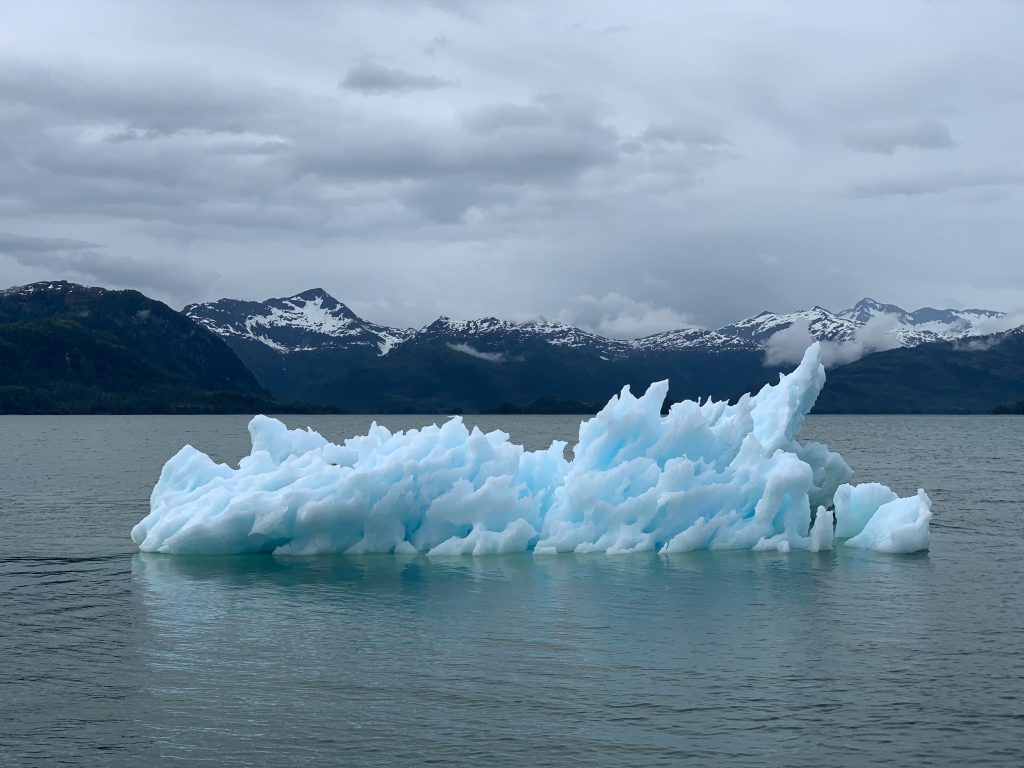
A report by The Mindfulness Initiative found that climate change is both the result of an inner crisis of disconnection and a cause of anxiety leading to further disconnection. What enables reconnection? How do we engage somatically and creatively with existential fear in the attention economy era where our neural pathways are a global commodity? How do we develop collective intention? An ethics of harmlessness must underpin contemplative practice. Without a foundation of non-harm and compassion, mindfulness is ‘like trying to row a boat across a river, exerting a lot of effort in the process, but never untying the rope from the dock.’¹
In The Subtle Art of Caring: A Guide to Sustaining Compassion I argue that mindfulness is both a tool for individual flourishing and an instrument for collective care. Through a collage of stories, illustrations, meditations, and conversations, the book charts a path towards reconnection with meaning and deeper intention, through cultivating friendliness, compassion, joy, and steadiness (known in the Buddhist tradition as the four brahma viharas, or boundless abodes). I reframe compassion, the capacity to resonate with and meet suffering, as ‘caring’ inseparable from befriending, enjoying, and letting be, and I explore pragmatic, embodied, and creative responses that can be applied in the heat of the moment. Researching the book dissolved denial. I engaged with IPCC reports, mourned the power of plutocracy and the repression of climate protestors, and faced the reality that leaders and institutions lack the will and power to limit global warming to below 2°C. I had the privilege of resources and time for grief and rage, and connection to communities that showed me the power of fierce compassion. I was surprised, in the end, to surface with hope. Not the sugar-coated kind but one influenced by its linguistic roots: ‘To hope’ from Old English hopian, possibly from hoffen, to hop, to leap.² A leap springing from a capacity to recognise the doom-prone mind; to behold the multitudes who, amidst high stakes, still sing, dance, and embody justice; to work with young people who relinquish their phones to climb trees and turn cartwheels; to discover countless grassroots initiatives that meld inner and outer activism; to find kinship with those who see beyond crisis to what Bayo Akomolafe calls ‘a path … that has nothing to do with victory or defeat: a place we do not yet know the coordinates to; a question we do not yet know how to ask’.
My hope is that the book joins company with many way-markers towards a resilience that yields as much as protects, that assuages the compulsion of acquiring and becoming, heals the toxic legacies of racial capitalism, and centres inner resources with their potential for endless regeneration and delight.
¹ Joseph Goldstein recalling an observation made by his teacher Anagarika Munindra, in Joseph Goldstein, Mindfulness: A Practical Guide to Awakening, Sounds True, Boulder, CO, 2013, p.22
² I’m grateful for the work and inspiration of David Gee, and his blog and resources ‘Hope’s Work’ where this definition originates. https://hopeswork.org
You can join River Wolton in a Mindfulness Network Community Friends donation event in December 2024.
Donation Event: Cultivating Compassion in Challenging Times with River Wolton
When: 10 Dec 2024
Where: Online Event
River Wolton teaches meditation retreats and courses at Gaia House and elsewhere, and completed Dharma Teacher Training with Bodhi College. A former Derbyshire Poet Laureate, she has published four collections of poetry, and her latest non-fiction book is The Subtle Art of Caring: A Guide to Sustaining Compassion (Windhorse Publications, 2023). ‘This wonderful book is a friend, ally, and true guide for living authentically in an acutely uncertain world’ (from the Foreword by activist and Dharma teacher Thanissara).
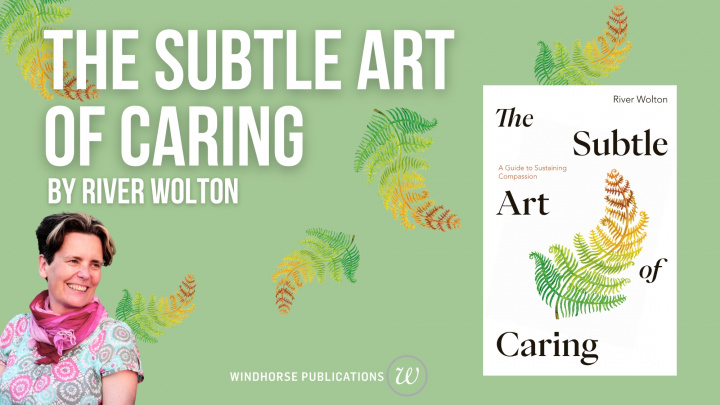
In memory of Hazel Woodcock (1954-2013) midwife, gardener, activist
